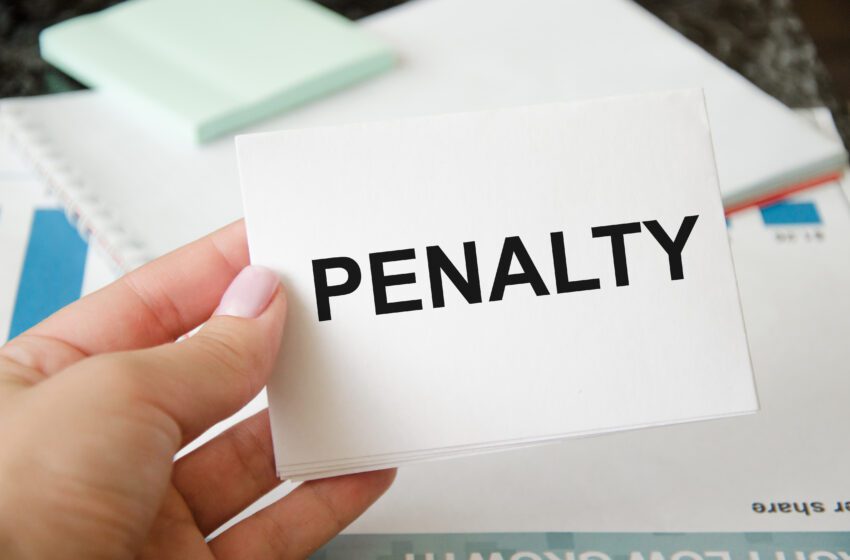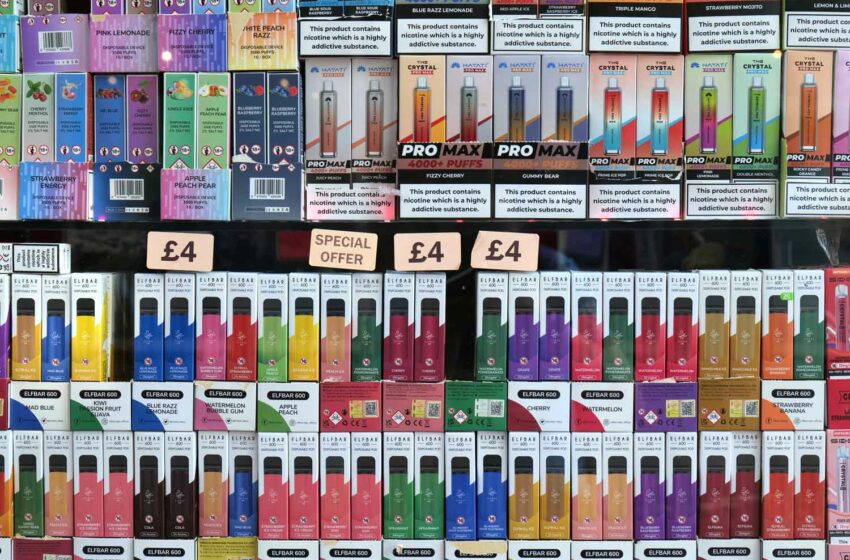The U.K. Vaping Industry Association (UKVIA) will host a webinar on the “Future of Vape Waste Management Post-Disposables,” according to the organization’s website.
The Waste Electrical and Electronic Equipment (WEEE) Directive consultation period ended at the beginning of March. This consultation period has implications for the vaping sector, according to the UKVIA, including: policy makers potentially introducing a dedicated category under the WEEE directive; responsibility for collection and treatment of vape waste possibly moving completely to producers; and a potential new curbside household collection service for electronics, potentially including vape devices.
The WEEE consultation section that relates to vaping was designed to review current regulations due to the environmental challenges associated with single use vapes. However, disposables are now about to be banned in the U.K., raising questions about how the WEEE regulatory reform would affect the vapor industry.
The webinar will discuss these issues and take place on Monday, April 15, 2024.
Despite these reforms, a UKVIA investigation showed that there is a lack of interest in vape recycling in the U.K.
The investigation showed that 80 percent of major U.K. city councils and London borough councils surveyed had “no plans” to invest in new vape collection solutions in the next year.
As part of the investigation, Freedom of Information requests were issued by the UKVIA prior to the single-use vape ban to 10 major provincial city councils and 10 central London councils, including Birmingham, Manchester, Cardiff, Glasgow and Westminster.
Of those surveyed, 60 percent said they offer vape was disposal at civic amenity sites (or designated collection facilities). One in 10 have introduced vape waste containers in public places while about one-third do not offer vape waste disposal containers or drop-off points of any kind. Only one of the councils has introduced curbside or household vape collection to date.
“Councils are not anti-vapes, which are shown to be less harmful than smoking and have a place as a tool to use in smoking cessation,” said a spokesperson for the Local Government Association, which represents all the authorities contacted as part of the investigation and is one of the organizations that called for a disposable ban. “However, disposable vapes are fundamentally flawed in their design and inherently unsustainable products, meaning an outright ban will prove more effective than attempts to recycle more vapes.”
Research by Material Focus showed that 70 percent of people throw away their single-use vapes because “they didn’t know they could recycle them.” Of those surveyed, 44 percent of vapers said they would recycle their single-use vapes if there were recycling points on a street or in a park while half said they would be likely to recycle if curbside recycling was available.
“Advocating a ban on disposable vapes on environmental grounds while not committing any investment to vape waste collection, despite the need for such facilities in public places—which are controlled by local government—is a cast of the pot calling the kettle black,” said John Dunne, director general of the UKVIA, in a statement. “Even when single-use vapes are no longer available in retail outlets, there will still be millions of rechargeable and refillable vapes sold every year, not to mention a rise in black market products that will arise from the ban on disposables. So, the lack of investment in collection facilities and foresight around the need to make the disposable of vapes as convenient as possible is startling and extremely concerning.
“We are under no illusions as to what the industry needs to do to ensure it is environmentally responsible, which is why the sector has invested in producing more sustainable products, providing recycling education for consumers, rolling out recycling initiatives and innovations and ensuring it is compliant with regulations. The UKVIA is also involved in the development of a vape licensing scheme, which has just presented to parliamentarians, and, if adopted, will require retailers to provide take-back facilities in-store before being allowed to sell vapes.
“We can, and will, do much more to ensure environmental compliance across the sector, but that doesn’t mean local government can simply offload its responsibility for providing vape waste collection facilities in public places. The industry pays its business rates like any other sector, and this makes up one of the largest sources of income for local authorities—a percentage of which is earmarked for waste management. If local authorities can provide public waste disposal facilities for all types of waste, why not used vapes?
“Whilst I am sure vaping manufacturers and retailers could be encouraged to partner with local authorities to create more public collection points for vape waste, the industry can’t just put such facilities on streets and in parks, as is required. We need all the players in the vape waste ecosystem to be joined up if we are to protect both the environment and the health of former smokers.”
“Currently, a significant volume of used vaping products are being wrongfully disposed of in the general waste bin and ultimately end up at landfill,” said Steward Price, head of producer responsibility services with Waste Experts. “This powerful data demonstrates that much more needs to be done to educate consumers on the correct disposal of their waste vapes and reinforces the need for a much stronger collection and recycling infrastructure for this challenging waste stream.”
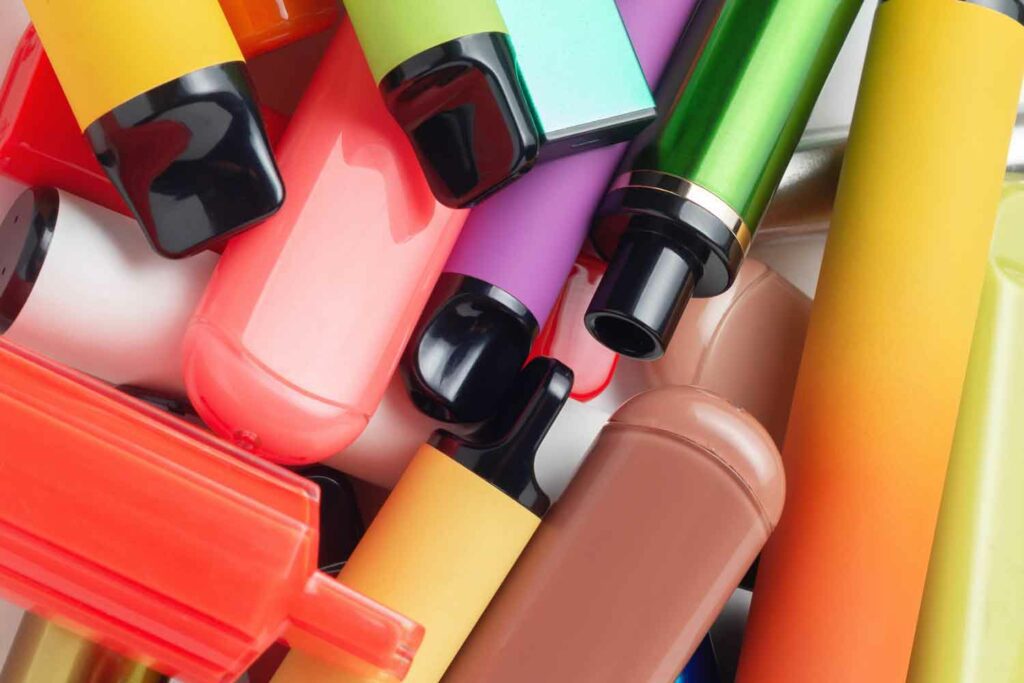

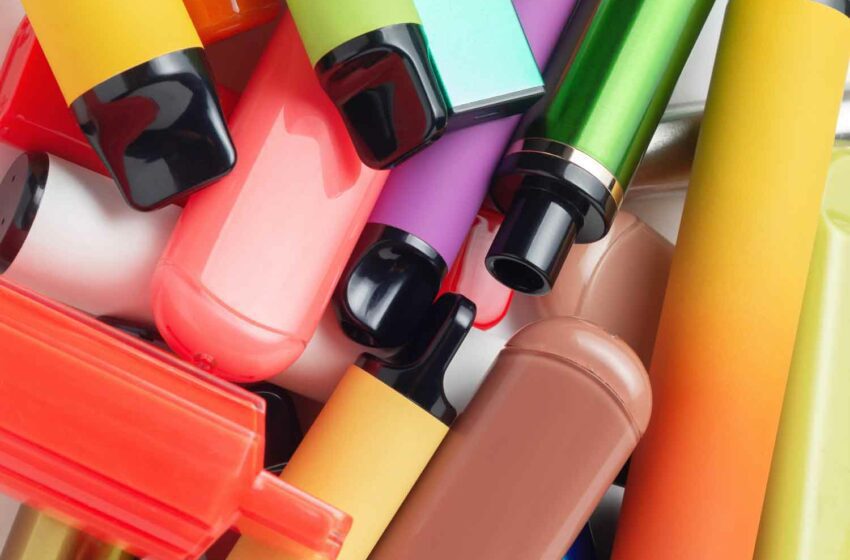
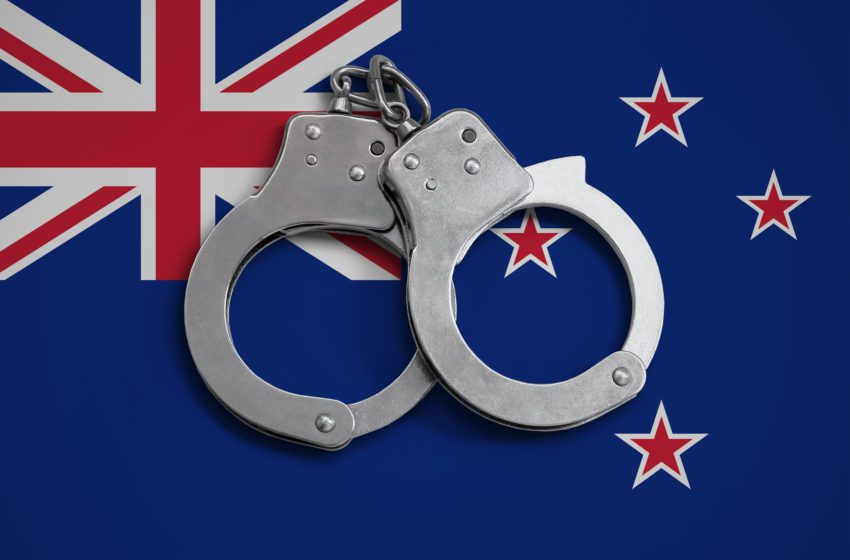



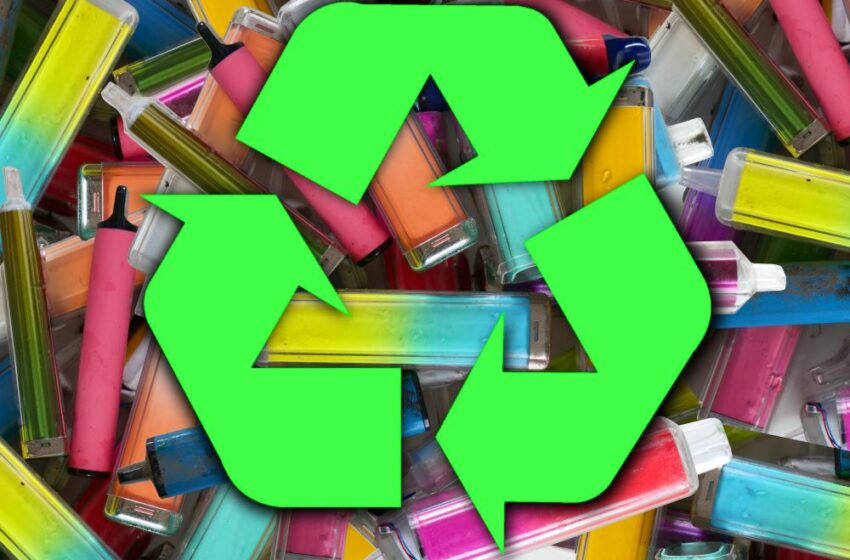
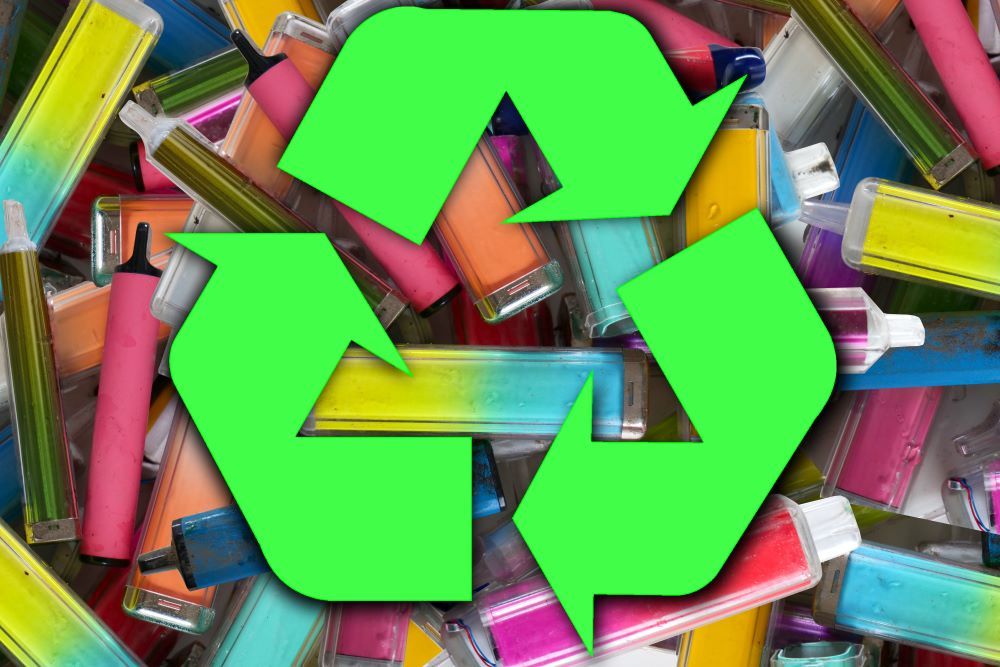


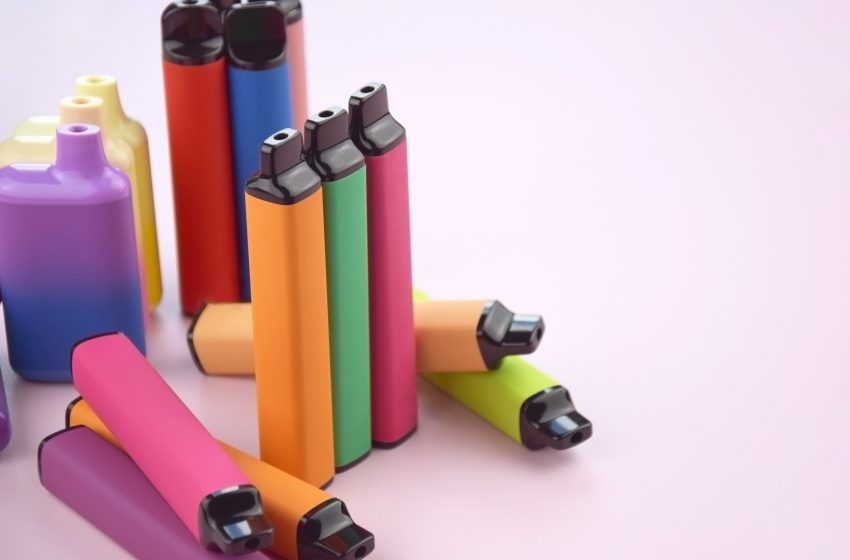
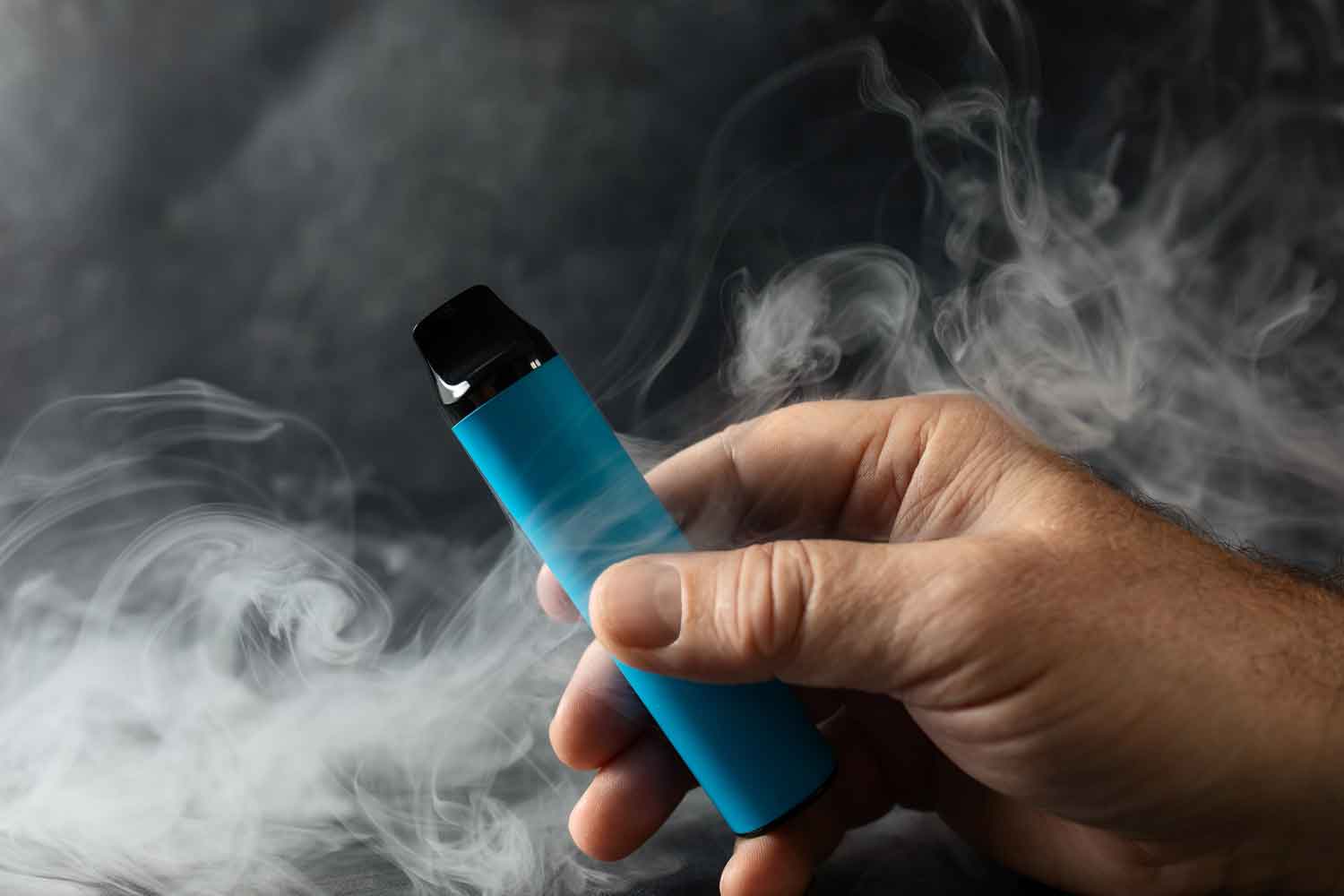

 The U.S. Food and Drug Administration has warned five more online retailers for selling flavored disposable vaping products.
The U.S. Food and Drug Administration has warned five more online retailers for selling flavored disposable vaping products.